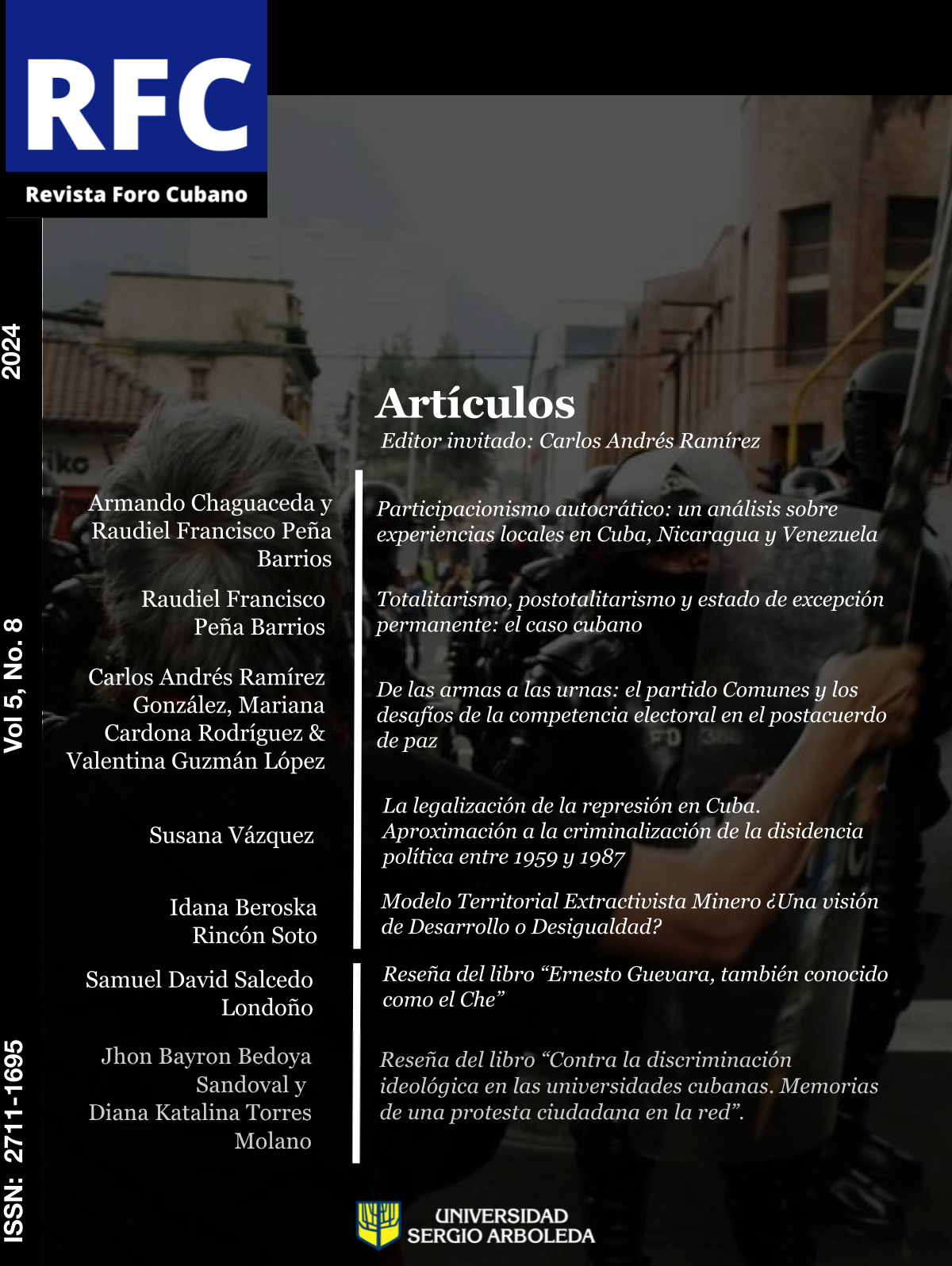Abstract
The Extractivist Territorial Model in Ecuador and Latin America has shaped a highly conflictive development matrix where economic interests, environmental impacts, and social tensions converge. This research proposes new perspectives on this model and the territorial public policies related to mining. Using an inductive-deductive method and a systematic review, complemented by critical discourse analysis of strategic actors, patterns of inequality, territorial disintegration, and institutional weakness are revealed. The analysis also extends to a regional comparison with the cases of Chile, Peru, Bolivia, and Venezuela, where extractivism manifests with both common and divergent characteristics.
The findings confirm that the extractivist model has generated more negative than positive impacts, both socially and environmentally. The study concludes with a proposal to strengthen public policies with a territorial, participatory, and sustainable approach.

This work is licensed under a Creative Commons Attribution-NonCommercial-NoDerivatives 4.0 International License.
Copyright (c) 2025 Journal Foro Cubano

